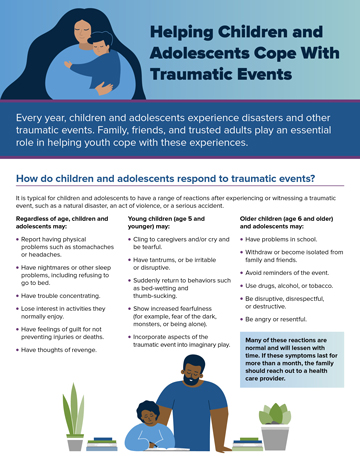 When we try to grasp for “a false sense of control” or fight against situations/emotions that we cannot change, this often leads to suffering. While there are certainly situations or circumstances in life that are within our control, often there are times when we simply are unable to change the reality of a situation.
When we try to grasp for “a false sense of control” or fight against situations/emotions that we cannot change, this often leads to suffering. While there are certainly situations or circumstances in life that are within our control, often there are times when we simply are unable to change the reality of a situation.
What Is Radical Acceptance?
A common formula that is often discussed in relation to this concept is the idea that,“Pain + non-acceptance= suffering.”
When a situation, event, or emotion is out of our control, fighting against it (i.e. non-acceptance) often leads to suffering.
When a reality is painful, it’s natural to try to push it away, fight against it, or numb out through unhealthy coping mechanisms (i.e. drinking, restricting, bingeing, etc). These strategies might cause a temporary sense of “relief.” However, they only serve to bury the underlying issue and cause people to feel even worse in the long-term.
Radical Acceptance Is
- Acceptance of things as they are.
- Understanding what we can and cannot control in life.
- Being non-judgmental.
- Looking at “just the facts” of the situation.
- Acknowledging our situation.
- Letting go and not fighting against reality.
- An ability to tolerate the present moment, even if it’s painful or uncomfortable.
- Mindfulness of our emotions and allowing ourselves to lean into the discomfort of painful emotions. (remembering that no feeling lasts forever and if we can sit with them, they will eventually rise and peak on their own-much like ocean waves).
What Radical Acceptance Is Not
There are some common misconceptions about radical acceptance. Thus, it’s important to be clear about what radical acceptance is not.
Radical Acceptance Is Not
- Judging situations or emotions as “good” or “bad.”
- Condoning behaviors.
- Giving up your needs.
- Ignoring or denying a situation.
- Never asserting your thoughts/feelings.
- Acceptance does not equal agreement.
Excerpted from “The Importance of Practicing ‘Radical Acceptance’” in Huffington Post. Read the full article to learn more.







